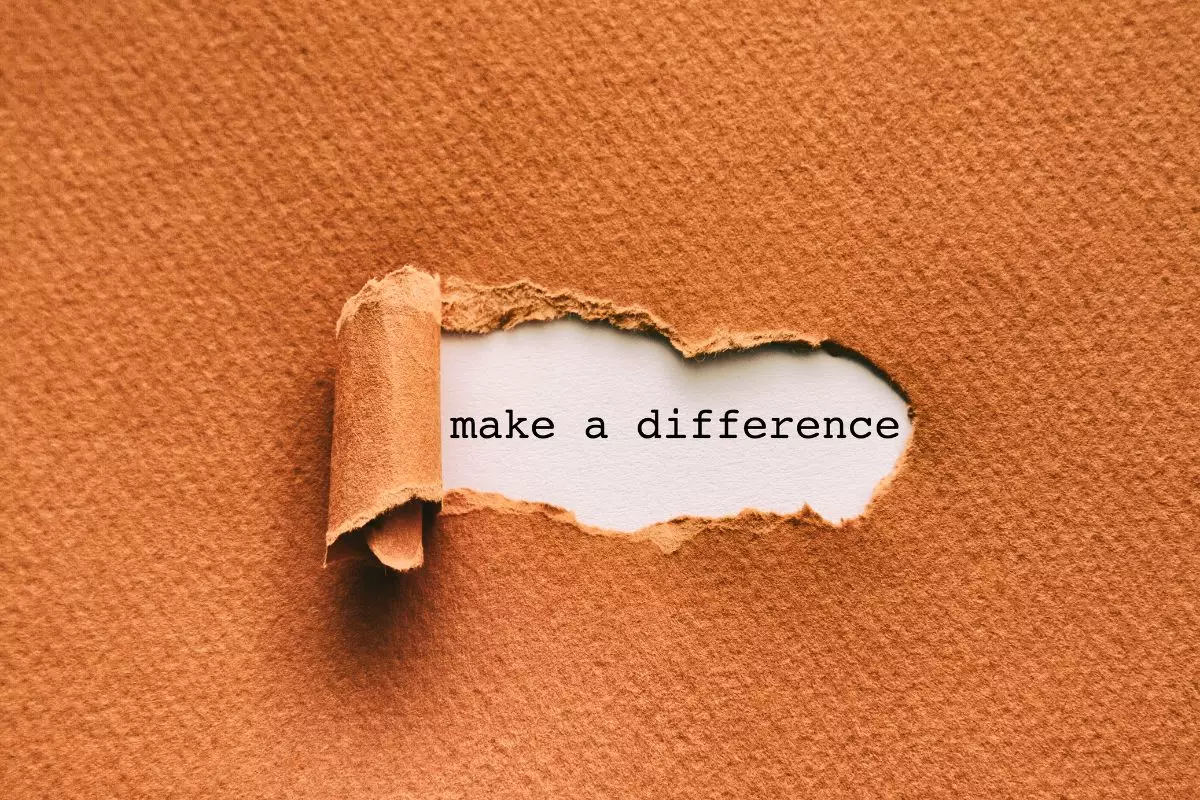
How To Make a Difference
Children are forever asked what they want to be when they grow up. They tend to identify uniforms and roles. It may be a way to make conversation and learn what interests them. But it also encourages them to have future goals and aspirations. At some point, they will want to make their mark on the world. Doesn’t everyone want to gain attention, acceptance, and approval? They may ask, “What special gift do I possess that the world needs? What is my purpose?”
Here are some ineffective examples of aspirations:
“I want to get rich.” You will never have enough money.
“I want to be famous.” You will never be famous enough.
“I want to be powerful.” You will never be powerful enough.
These things don’t make you a happier, more fulfilled person. They are side effects or byproducts of earnestly pursuing a greater cause.
William Willis, a motivational coach, poses the question: “How can we become who we aspire to be?” He believes aspiration is not just a big goal in life that you hope to achieve. It is about becoming the person you are meant to be. He suggests you start by asking yourself the following questions:
“What inspires me in life?”
“What do I find truly fulfilling in life?”
“What brings me happiness?”
“What doesn’t feel like work?”
“What makes me feel like I have accomplished something meaningful?”
“What have I done in life that felt like its own reward?”
Not everyone can be Mahatma Gandhi, Martin Luther King, Rosa Parks, Albert Einstein, Malala Yousafzai, Sojourner Truth, or others who have changed the world.
So, how do you make a difference?
- Be you. Honor your unique qualities and abilities.
- Speak up. Be a leader in your sphere of influence.
- Be ready if or when the world needs you. It’s about timing. Your particular strengths may not be needed on a grand scale in your lifetime. But value your contribution to your corner of the world.
- Don’t rearrange the chairs on the Titanic. To do something pointless or insignificant contributes nothing to the solution of a world problem.
- Work in teams when possible. Research shows that collaborative problem-solving leads to better outcomes. People are more likely to take calculated risks that lead to innovation if they have the support of a team behind them.
- Be an active citizen. This means taking opportunities to become actively involved in your community and improving its quality of life.
